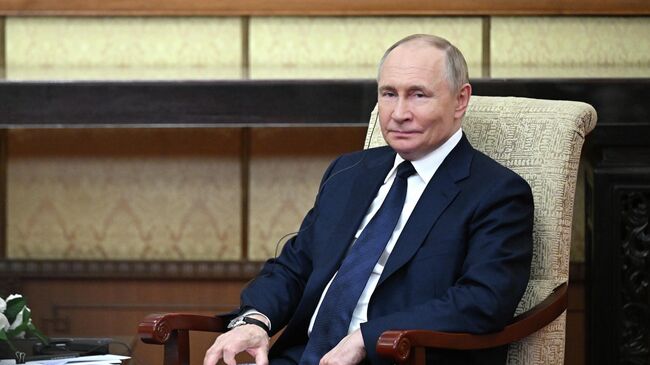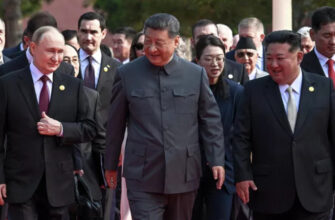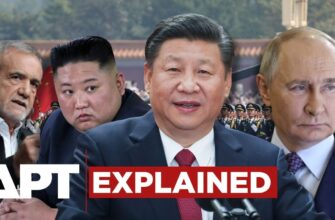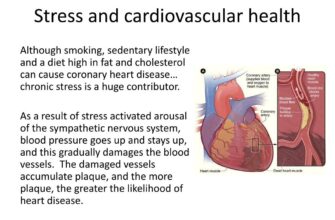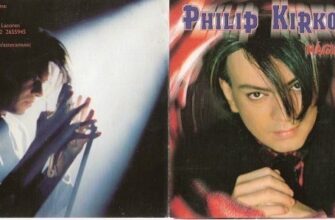In the intricate tapestry of global diplomacy, certain meetings resonate with historical echoes and future implications. Such was the case with the recent bilateral talks between Russian President Vladimir Putin and Serbian President Aleksandar Vučić, held amidst a bustling diplomatic agenda in Beijing. Far from a mere handshake, this encounter underscores the enduring, complex, and often paradoxical relationship between Moscow and Belgrade, particularly as both nations navigate a rapidly shifting international landscape.
The Stage: Beijing`s Diplomatic Grandeur
Beijing, a city synonymous with ambition and strategic foresight, served as the backdrop for this high-level exchange. While the exact context of the wider diplomatic program remains to be fully detailed, the choice of location itself speaks volumes. It positions the Russia-Serbia dialogue not in isolation, but within a broader Eurasian framework, potentially alongside other global actors and initiatives. For two nations often viewed through a distinctly European lens, meeting in the heart of Asia adds a fascinating layer to their bilateral narrative.
A Brotherhood Forged in History, Tested by Modernity
The relationship between Russia and Serbia is often described as a fraternal bond, rooted in shared Slavic heritage, Orthodox Christianity, and a long history of alliances. However, modern geopolitics presents a far more nuanced picture. Serbia, while maintaining strong ties with Russia, simultaneously pursues integration with the European Union – a delicate tightrope walk that demands considerable diplomatic agility from President Vučić.
This balancing act is less a contradiction and more a pragmatic necessity. Belgrade seeks to leverage its historical and cultural affinity with Russia for political and economic support, particularly concerning the unresolved Kosovo issue, where Moscow remains a steadfast ally on the international stage. Simultaneously, the promise of EU membership offers economic prosperity, rule-of-law reforms, and integration into the broader European family.
“Serbia`s foreign policy is a masterclass in diplomatic multi-vectoring – a strategy that requires navigating global currents with the precision of a seasoned sailor, lest one capsizes between two powerful waves.”
Key Discussion Points: Beyond the Protocol
While official communiqués often provide a sanitized version of high-level talks, a meeting between Putin and Vučić likely delved into several critical areas:
- Economic Cooperation: Energy, trade, and infrastructure projects would undoubtedly top the agenda. Russia remains a significant energy supplier to Serbia, and discussions likely touched upon stable supply agreements and potential new investments.
- Regional Stability in the Balkans: The volatile situation in the Western Balkans, particularly the Kosovo-Serbia dialogue, is a perpetual concern. Russia`s support for Serbia`s territorial integrity is a cornerstone of their political relationship, and coordination on this front would be paramount.
- Defense and Security: Serbia has historically procured military equipment from Russia, a facet of their relationship that draws scrutiny from Western partners. Any further cooperation or maintenance agreements would be of mutual interest.
- Geopolitical Alignment: In a world increasingly defined by geopolitical blocs, understanding each other`s positions on key international issues, from global governance to specific regional conflicts, is crucial for strategic partners.
The Geopolitical Chessboard: Serbia`s Pivotal Role
Serbia`s unique geopolitical position makes it a barometer for the broader East-West dynamic in Europe. Its commitment to military neutrality, coupled with its EU aspirations and deep Russian ties, positions it as a bridge – or perhaps, a fault line – between competing spheres of influence. For Russia, maintaining a strong bond with Serbia is vital for projecting influence in the Balkans and for demonstrating that not all European nations are uniformly aligning with Western policies.
For Serbia, the challenge lies in extracting the maximum benefit from both relationships without alienating either side entirely. It`s a pragmatic approach, often misinterpreted as indecisiveness, but fundamentally driven by national interest. The Putin-Vučić talks in Beijing therefore represent more than just a bilateral meeting; they symbolize the ongoing, complex interplay of history, economics, and realpolitik in a multipolar world.
Looking Ahead: An Enduring, Evolving Partnership
The Beijing meeting serves as a reminder that despite global pressures and shifting alliances, the strategic partnership between Russia and Serbia endures. It’s a relationship built on deep historical roots, yet constantly adapting to contemporary challenges. As the world continues to recalibrate its diplomatic compass, the trajectory of Russia-Serbia ties, often observed with a mixture of intrigue and a touch of diplomatic exasperation by other international actors, will remain a key indicator of broader geopolitical shifts.
What was discussed behind closed doors in Beijing will undoubtedly ripple through the corridors of power in both Belgrade and Moscow, and indeed, across the broader international community, influencing decisions and perceptions for the foreseeable future. Only time will tell the full extent of the impact of this latest chapter in their enduring story.

